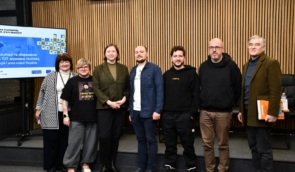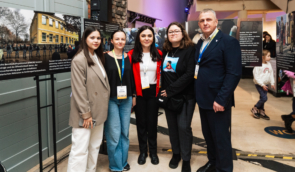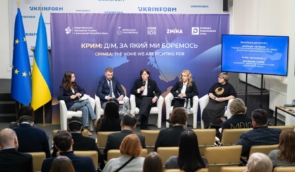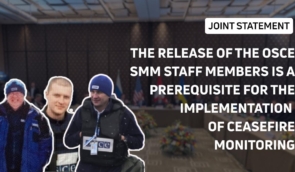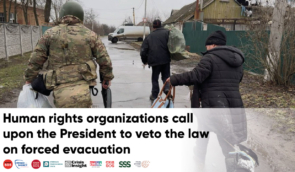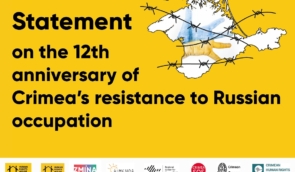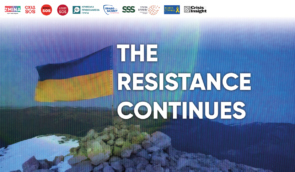There is currently no government body in Ukraine responsible for shaping transitional justice policy – Alena Lunova
On April 3, 2025, the Right to Protection Charitable Foundation gathered experts for a discussion on the system of compensation for war victims and restoration of justice ‘’Reparations for War-Related Damage: Expectations of Victims and Barriers to Access to Legal Mechanisms‘’.
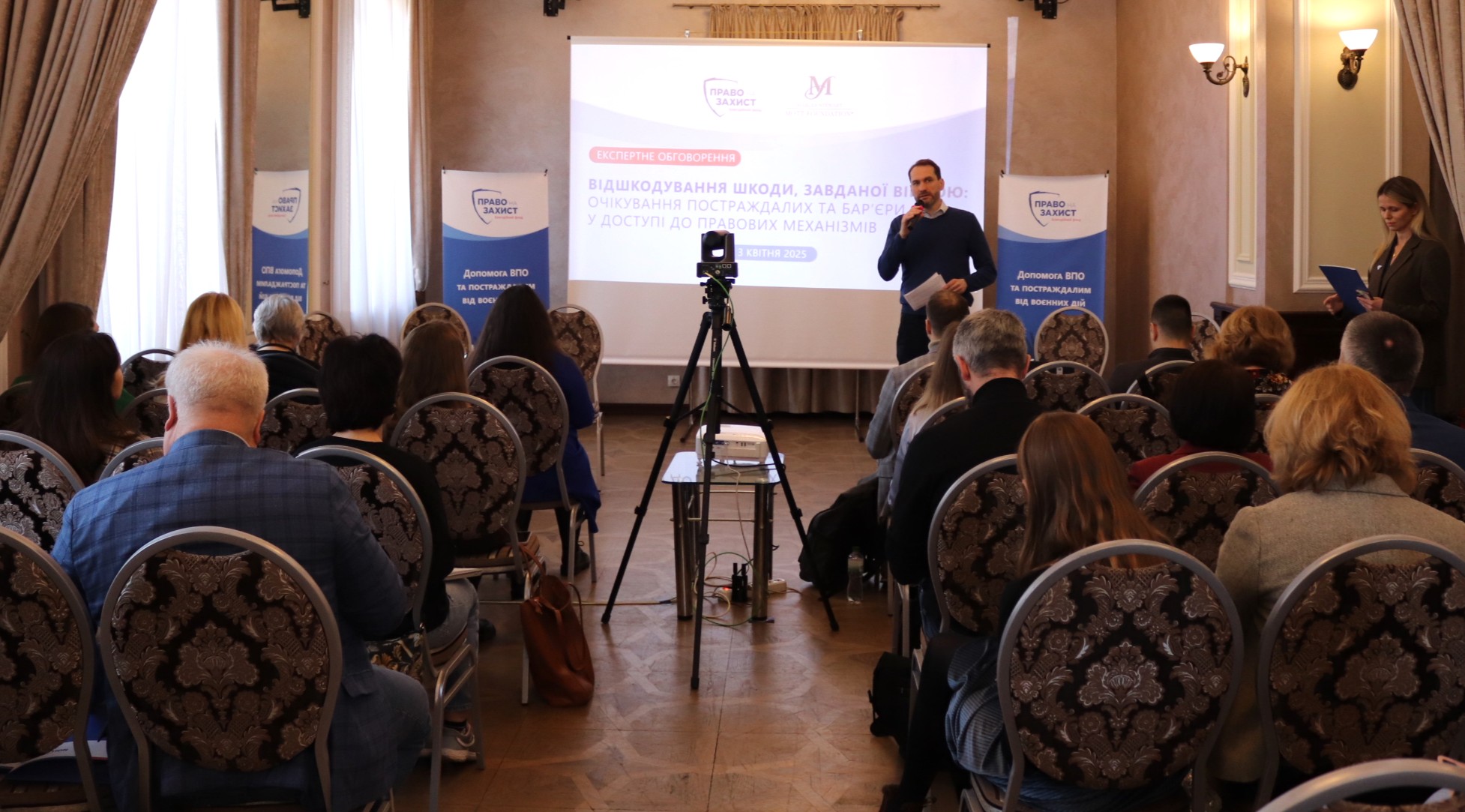
As part of the event, research was presented on the types of damage and the barriers to obtaining reparations. The event also featured panel discussions with experts, representatives of state authorities, international organisations, and human rights defenders, as well as a debate on the prospects for developing reparations mechanisms and strengthening state policy in this area. Alena Lunova, Advocacy Director of the Human Rights Centre ZMINA, also joined the discussion.
Among the key topics of discussion were transitional justice and support for war victims. In her speech, Lunova noted that after the transfer of powers from the Ministry of Reintegration of the Temporarily Occupied Territories to the Ministry of Community and Territorial Development, some of the powers to protect victims were lost.
“As of now, there is no entity in the government responsible for building a transitional justice policy, although this is an extremely important component of restoring justice and supporting victims,” Lunova said.
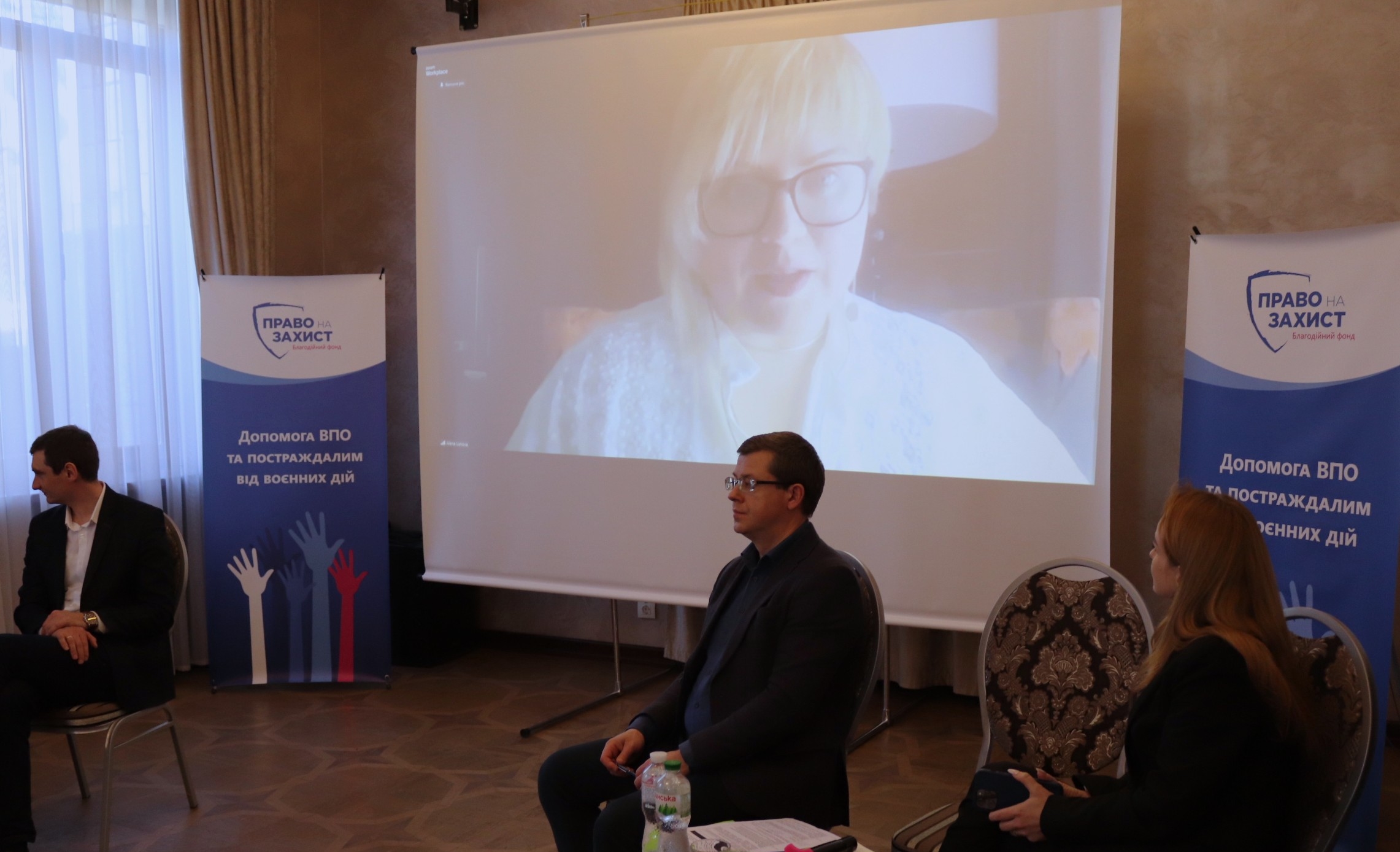
She stressed that transitional justice is not just a matter of a single ministry, but a comprehensive system of measures that includes support for victims, accountability mechanisms, the right to truth and institutional reforms.
The human rights defender also stressed the need to develop a unified, comprehensive system of support for war victims. Today, the state provides assistance to various categories of victims, but there is still no systematic approach.
“We expect the Ministry of Social Policy to develop a draft law on the victim support system as soon as possible, as it has not yet been developed,” Lunova stressed.
The expert discussion was an important platform for developing a common vision of the mechanisms of reparations. Representatives of human rights organisations, international partners and state agencies expressed their readiness for further cooperation in this area.
Photo: the CF Right to Protection
If you have found a spelling error, please, notify us by selecting that text and pressing Ctrl+Enter.

